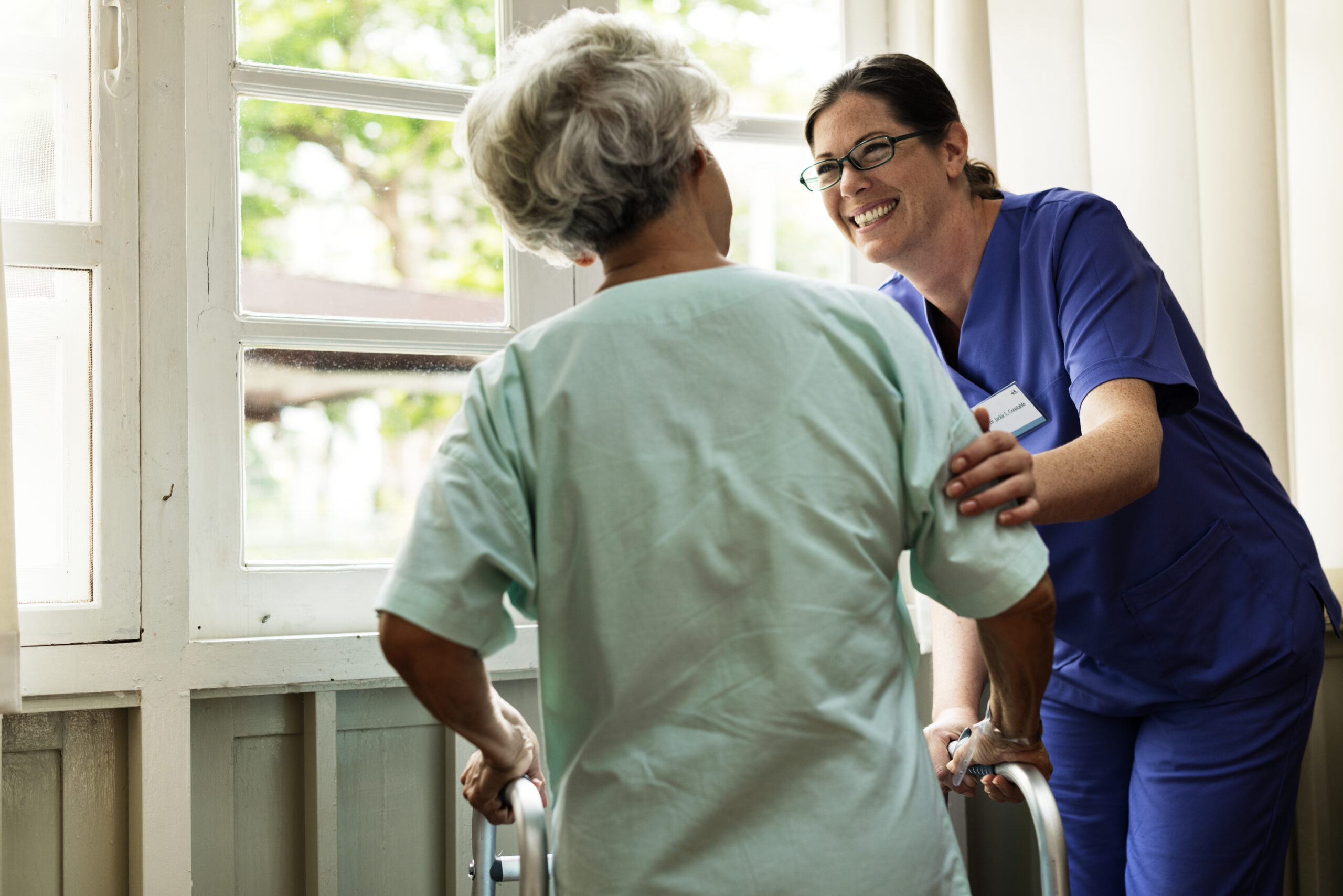What Is A Colon Cancer Screening?
Colorectal cancer ranks as the third most commonly diagnosed cancer. Fortunately, it is also among the most preventable. The colon and rectum, parts of the large intestine, are crucial for absorbing water and nutrients and storing waste.
A colon cancer screening involves checking the inner walls of the colon and rectum for polyps and cancerous growths, even when no symptoms are present. Polyps are noncancerous growths that can potentially turn cancerous over time. Early detection and removal of these polyps and malignant tumors are vital in preventing complications and deaths related to colon cancer.
The board-certified gastroenterologists at Adult Gastroenterology Associates recommend that all patients begin regular screenings at age 45. To schedule a screening, contact our gastroenterology practice in Tulsa, OK.

Why Do You Recommend Regular Colon Cancer Screenings?
Routine colon and rectal cancer screenings are essential for maintaining general and gastrointestinal health. Though there are many methods for colorectal cancer screening, a colonoscopy is still the most effective preventive tool we have. The key benefits of regular colorectal cancer screenings include:
- Could potentially save your life by identifying colon cancer early
- Identification and removal of polyps
- Prevention of colon cancer development
- Detection of other gastrointestinal conditions, such as inflammatory bowel disease
Since colon cancer may not show symptoms until it advances, regular screenings allow for early identification and treatment of any issues.
What Are the Different Colon Cancer Screening Methods?
Discuss with your GI doctor when to start screenings and which tests are best for you based on your health history and preferences. Here are some common screening methods for colorectal cancer:
- Flexible Sigmoidoscopy: A sigmoidoscope, a thin tube with a camera, is used to view the rectum and lower colon. The sigmoidoscope can take biopsies and remove some polyps but does not provide the most comprehensive view of the colon.
- Colonoscopy: This procedure is performed using a colonoscope, which is similar to a sigmoidoscope but longer for a more thorough picture of the colon. It allows for biopsy and polyp removal and requires sedation. It is the only complete colorectal prevention strategy.
- Virtual Colonoscopy: This noninvasive technique uses a CT scan to create images of the colon. If abnormalities are found, a traditional colonoscopy will be necessary for further examination and removal.
- Double-Contrast Barium Enema: Barium sulfate and air are introduced into the colon via a small tube, allowing X-rays to reveal abnormalities. Follow-up colonoscopy is needed if issues are detected.
- Fecal Tests: These completely noninvasive tests analyze stool samples for signs of cancer or other gastrointestinal issues. There are three types:
- Fecal Occult Blood Tests: Detect hidden blood in the stool.
- Fecal Immunochemical Tests: Identify blood through a specific protein reaction.
- Stool DNA Tests: Look for abnormal DNA from cancerous cells in the stool.
Who Has An Elevated Risk of Colon Cancer?
- Individuals over 45 years old
- Those with inherited familial adenomatous polyposis
- Previous colon cancer patients
- Women with a history of breast, ovarian, or uterine cancer
- People with a family history of colon cancer
- Those with ulcerative colitis or Crohn’s disease
- Individuals with a sedentary lifestyle, poor diet, or who smoke
Colon Cancer Screening FAQs
Why is screening for colon cancer important?
Colon cancer typically develops from abnormal growths in the colon or rectum, referred to as polyps. With a colonoscopy exam, these precancerous polyps can be removed to help lower the risk of and potentially even prevent colon cancer from occurring. Regular colon cancer screenings can also allow doctors to detect cancer that has already progressed. If colon or rectal cancer is caught early, it can be easier to treat.
When should I start undergoing colon cancer screenings?
It is recommended that adults who are at average risk start periodic colon cancer screenings at age 45. Patients with a greater risk may require screenings before this age. Your GI doctor can help you determine at what age you should start screening for colon cancer.
How frequently should I undergo a screening for colon cancer?
The frequency with which people should schedule colorectal cancer screenings can vary according to the type of exam being conducted. Generally, individuals who are age 45 and over should undergo a colonoscopy exam once every ten years when they carry an average risk of colorectal cancer and have colonoscopies with normal results. Individuals with a significantly high risk should have colonoscopy exams at least once every five years. Please speak with your GI specialist to determine how often you should undergo a colorectal cancer screening.
How should I prepare for my colon cancer screening?
The best way to prep for a colon cancer screening will vary according to the form of screening you are having. When undergoing a colonoscopy screening, certain prep instructions to clear out your bowel will be provided by your GI team before your exam. Your gastroenterologist may also provide additional directions to follow in the days leading up to your screening. It is important to follow your physician’s instructions to help make certain they can identify any areas of concern during your screening.

